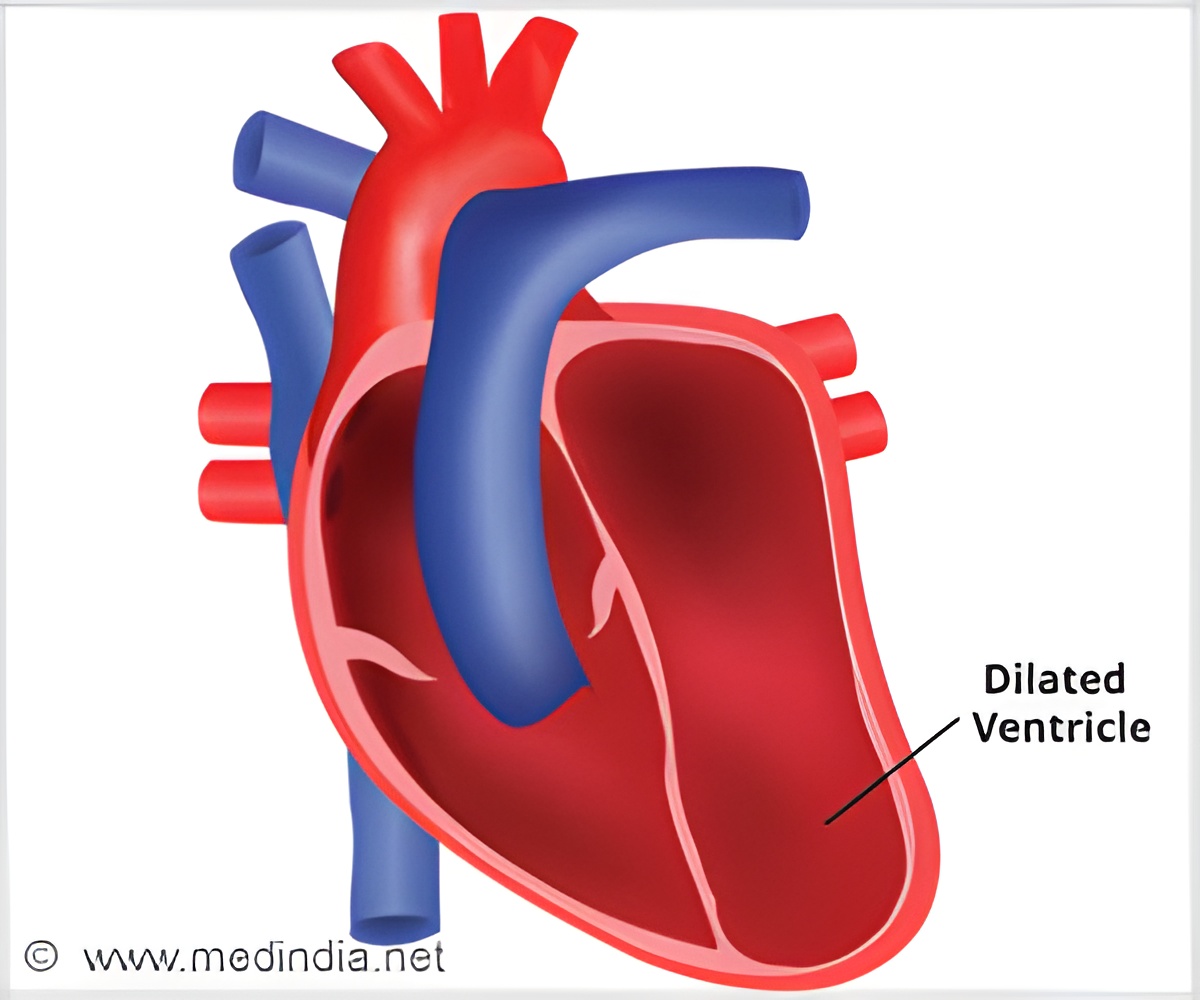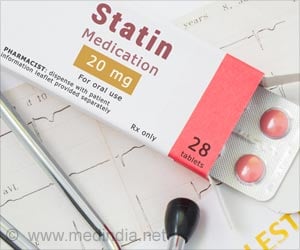Dilated cardiomyopathy(DCM) is treated with medicines used for heart failure in general. But now, trans-retinoic acid derivatives found to improve outcomes in patients with DCM.

‘Acne medication all-trans retinoic acid (ATRA) holds promise in treating DCM. It acts by regulating RBM20, and can partially fix the defects in the altered cells.’
Read More..




"Currently DCM is treated with medicines used for heart failure in general, their function being to lower strain on the heart. Patient health would be significantly improved with targeted treatment options prior to the need for a heart transplant," explains Lars Steinmetz, from the European Molecular Biology Laboratory in Heidelberg and Stanford University.Read More..
"We need therapeutic strategies that target the cause of the disease in a personalised medicine approach." The new study by the Steinmetz group, in cooperation with Mark Mercola's lab at Stanford University, provides fresh insight into this deadly disease, hinting at potential new treatment possibilities.
By studying a single family with inherited DCM, the researchers were able to look for differences in the regions of the genome that carry instructions for making proteins, in family members who had died with a diagnosis of DCM, had been diagnosed with DCM, or were unaffected by DCM.
This comparison allowed them to find a single mutation (P633L) in a gene coding for a protein called RBM20, which was disease causing. Although the mutation was previously unknown, changes in RBM20 are known to cause a severe form of inherited DCM that is often associated with early onset of end-stage heart failure.
"When we started the project, we wanted to identify the mutation causing the disease in this family," explains Steinmetz, who is also the founder of the Steinmetz Cardiomyopathy Fund, by which most of the study was financed.
Advertisement
The researchers used patient-derived cells and genome-edited cells together. This process of genome editing involved making specific changes to the DNA of the cells, to introduce the RBM20 mutation (P633L) into patient-derived cells known as induced pluripotent stem cell-derived cardiomyocytes (iPSC-CMs).
Advertisement
The team identified all-trans retinoic acid (ATRA) as a potential treatment of DCM. ATRA regulates RBM20, and can partially fix the defects in the altered cells. ATRA is a drug used for the treatment of acne and a type of leukaemia called acute promyelocytic leukaemia.
In this case, Steinmetz reasoned that increasing expression of RBM20 might overcome the less expression of this protein that is seen in patients who have one functioning and one mutated copy of the gene.
"This is a promising result in approaching RBM20-deficient DCM," explains Steinmetz. "In addition, the general approach and the strategy we used in this study could work for a number of other dominant diseases!"
Source-Eurekalert












